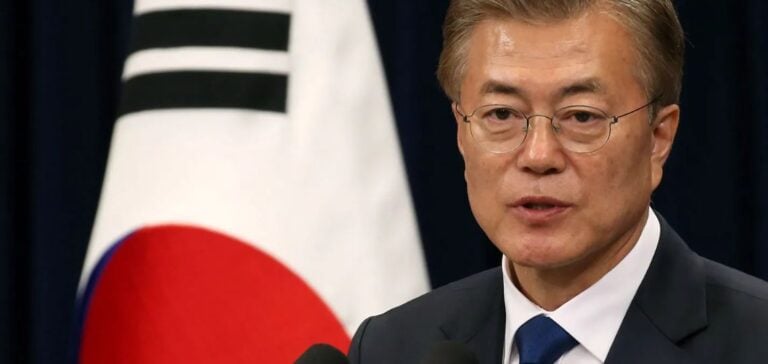The South Korean government announced on November 28 the extension of tax reductions on liquefied natural gas (LNG) and coal used for electricity production. These measures, initially set to expire in December 2023, have now been extended until the end of June 2024 for consumption taxes and until the end of March for import tariffs on LNG.
Fiscal measures to counter energy inflation
Consumption taxes on LNG and coal were reduced by 15% starting in August 2022 to offset the impact of rising fuel costs on inflation. Under this measure, the rate for LNG was reduced to 10.2 won per kilogram, down from 12 won. Taxes on thermal coal now range from 36.5 to 41.6 won per kilogram, depending on calorific values, compared to the previous range of 43 to 49 won.
Temporary abolition of import tariffs on LNG
In parallel, import tariffs on LNG, temporarily abolished in March 2022, will remain at zero until the end of March 2024. Before this measure, import duties ranged from 2% to 3%, depending on the season.
These decisions aim to support public enterprises such as Korea Electric Power Corp. (KEPCO) and Korea Gas Corp. (KOGAS), which face mounting losses due to limitations on price increases. The fiscal measures are also expected to relieve pressure on households and businesses from limited increases in electricity and gas prices.
Limited tariff hikes for households and industries
In October, the government raised electricity tariffs for industries by an average of 9.7%, while maintaining unchanged prices for households to protect purchasing power amid inflation. In addition, domestic natural gas prices increased by 6.8% in August, marking the first hike in 15 months.
Geopolitical context and energy dependence
South Korea has significantly reduced its imports of Russian LNG following geopolitical tensions between Ukraine and Russia. This has amplified the country’s reliance on alternative imports, increasing energy costs and necessitating these prolonged fiscal measures to stabilize domestic prices.






















